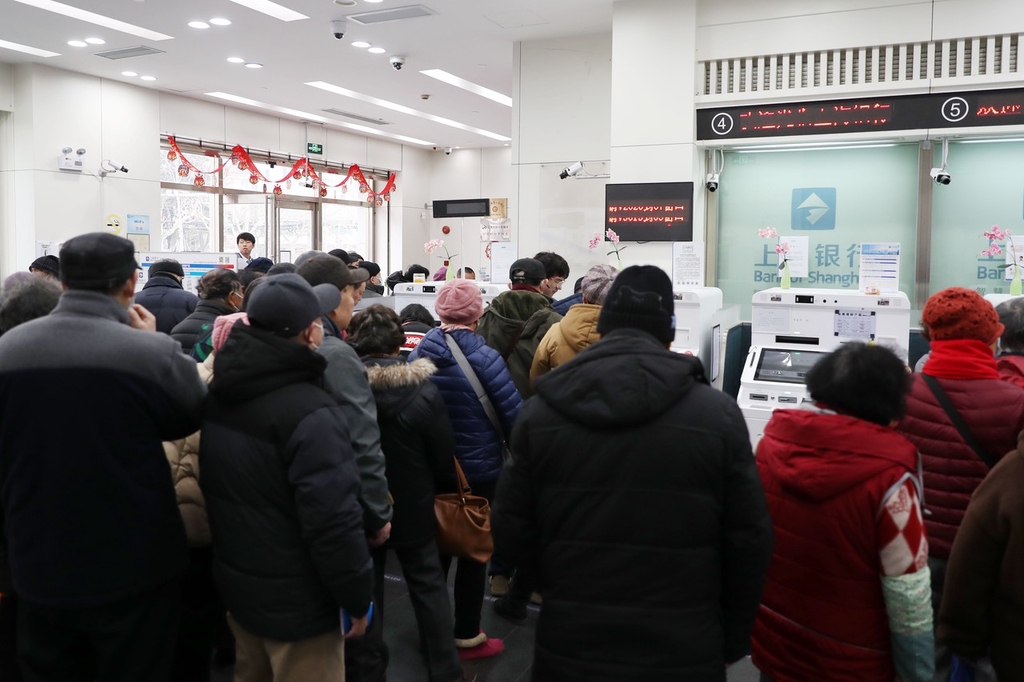Banks explore elderly-oriented reform
By Sun Chi | chinadaily.com.cn | Updated: 2024-02-28 13:10

In recent years, banks in China have worked to meet the demand for seniors in the brick-and-mortar branches, exploring elderly-oriented service reform to help the seniors bridge the "digital divide", the Economic Daily reported on Wednesday.
As China develops in information technology, aims for the perfect of digital infrastructure and the popularization of smartphones, the trend of online financial services is accelerating. The demand for brick-and-mortar branches has declined, especially among younger generations, said Zhou Maohua, a macroeconomic researcher at China Everbright Bank.
Data from the National Financial Regulatory Administration showed at least 2,600 brick-and-mortar bank branches closed in 2023 alone. The closure of physical branches will cause inconvenience to some elderly people who are not skilled in using online financial services.
In Beijing, most brick-and-mortar banks are adding facilities and services for the elderly. From the beginning of a client's queuing with a number voucher, he or she will be accompanied by a lobby manager in a branch, helping the elderly customers in multiple ways like illustrating how to use a self-service machine or guiding them to complete some business processes while queuing. In addition, many branches are also equipped with reading glasses, and there are staff members present to introduce financial knowledge in banking, anti-fraud and other aspects to elderly customers.
Zhou said that digital transformation has brought many benefits to banks such as improving service efficiency and reducing operating costs, but it has not changed the essence of financial services - providing efficient and convenient service to customers. Many elderly people are more accustomed to handling business at the counter of traditional physical outlets. Banks need to fully consider the habits of relevant customer groups in terms of physical outlet layout and digital transformation.
























